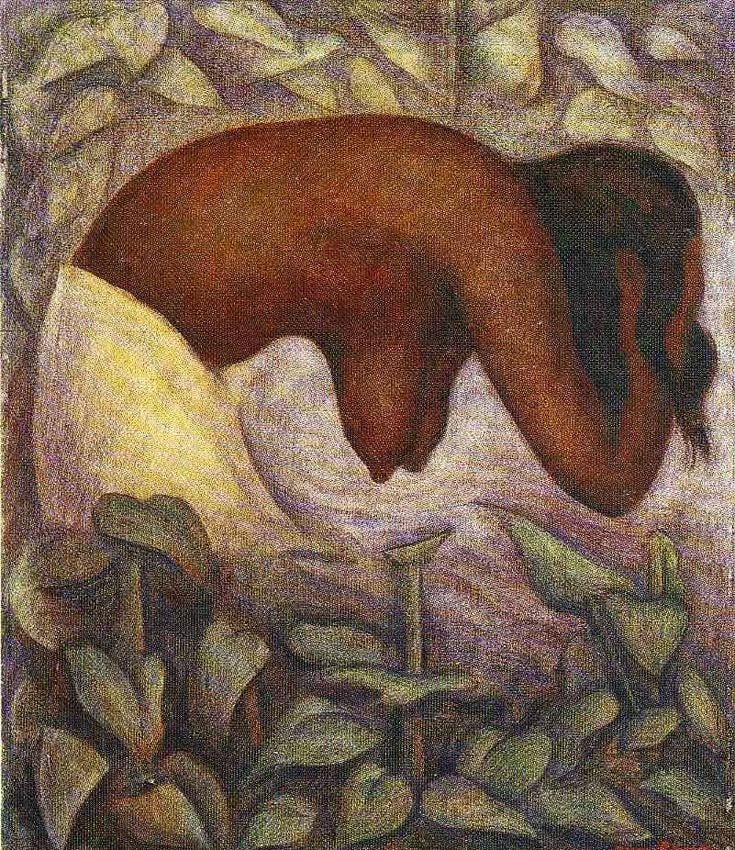The “Holy, Not Whore” Series Pt. 1: Reclaiming The Sacred Goddess: How The Feminine Was Once Worshipped Through Sexuality
She was once worshipped in temples. Now, her name is used to shame us.
For centuries, the word whore has been used to silence, degrade, and sever women from their own power. But before patriarchy rewrote the story of the feminine, there were cultures that knew what we’ve been conditioned to forget: A woman’s sensual power was sacred.
Today, the word “prostitute” still triggers judgment, discomfort, and shame. But the sacred prostitute was not a sinner. She worked alongside other priestesses in temples, performing rituals that blended sexuality with spirit, body with soul, masculine with feminine.
She reminded men of their connection to the divine feminine. She lived in tune with forces most of the world has forgotten.
A woman rooted in her own power is difficult to manipulate. She doesn’t chase approval or perform for safety. She doesn’t break at the first sign of rejection. That’s what made her dangerous, not her body, but what it represented: awakening.
So her temples were destroyed. Her rituals were banned. Her knowledge was reframed as sinful and evil. And in her place came systems designed to control women through shame, marriage contracts, virginity tests, purity culture.
Cultures that still honored the feminine were violently suppressed. The fear passed down. Mothers began teaching their daughters to play small, not out of malice, but out of survival.
Take Hypatia of Alexandria. A mathematician, philosopher, and teacher, at a time when women were expected to be silent. She wasn’t.
She refused to marry. She dressed in robes reserved for male scholars. She drove her own chariot. Most importantly, she taught others, especially men, how to think freely. At a time when the Church was gaining political control, that made her a target.
She was accused of sorcery and corrupting men. In 415 AD, a mob of christian men dragged her from her chariot, stripped her, and brutally murdered her.
Hypatia wasn’t seen as dangerous because she was sexualized. She was seen as dangerous because she refused to be controlled. That alone was enough to make her a threat.
It’s wild when you really think about it, how a choosing herself, gets labeled as difficult, selfish, or even dangerous. The moment a woman stops submitting to control, people don’t just criticize her, they demonize her.
They project fear, insecurity, and for what? Because she chose not to be controlled?
We weren’t put here to play small, to be pleasing, or to fit into someone else’s mold. We were put here to live. To create. To explore what makes us feel alive. And it says everything about a broken system when that becomes the thing people want to curse.
And what’s worse, so many people accept it. They believe the fear. They shrink themselves to be “safe” and call it being humble. But it’s not humility if it’s rooted in fear and control. That’s conditioning.
A free woman will always make the controlled ones uncomfortable.
Her story isn’t rare. Throughout history, women have been punished not just for what they did, but for who they were when they didn’t obey.
The burning of the Library of Alexandria was more than the destruction of knowledge, it was a symbolic loss of feminine memory. Feminine wisdom.
Colonialism and religious systems deepened this erasure. Once a woman believes her body is shameful, she becomes easier to control. Once a man believes a woman’s desire is dangerous, he fears what could actually set him free.
We still see this today. Women are punished for their sexuality, with online harassment, public shaming, and being labeled “a whore, gold digger, or slut.” Women feel guilt around desiring. They feel disconnected from their bodies.
This shows up everywhere. The way you show up in sex often reflects how safe you feel in your body. How honest you’re allowed to be. Whether you’re proving something, or actually experiencing it.
We cannot talk about feminine healing without addressing this.
You cannot fully reclaim yourself without reclaiming your sensuality.
Shame is taught. And what’s taught can be unlearned. When we stop carrying that shame and start honoring the body for what it actually is, everything shifts.
Jungian analyst Nancy Qualls-Corbett writes in The Sacred Prostitute: Eternal Aspect Of The Feminine that these ancient archetypes still live within us. The sacred prostitute isn’t just a symbol of sex. She’s a symbol of wholeness. She reminds us that embodiment is power.
That sex, when rooted in love and presence, is spiritual. That you don’t need permission to feel connected to yourself.
Stop apologizing for your desire. You don’t need shame to be lovable.
Treat self-intimacy like ritual. Pleasure is healing, not sinful.
See your body as an altar, not an object. You don’t need to shrink to be worthy.
Remember that real intimacy isn’t performative, it’s honest, safe.
The sacred prostitute may have been erased from history books, but she’s alive in modern women. You see her in womb work. In sensual movement. In somatic healing. In women rebuilding their relationship with pleasure and truth.
You see her in the creators, teachers, and business owners who are unapologetically honoring the feminine without shame.
Ask yourself:
What part of me was taken?
And what part of me am I ready to reclaim?
✨ Coming Up Next In The Series:
“The Hieros Gamos” – an ancient rite of sacred union, explored in myth and anthropology.
💖 Need To Vent? Get Advice?
My 1:1 girl chat sessions are for women who are done repeating patterns and ready to reclaim their voice, their power, and their peace.








This was really good, food for thought. I love the series
I really enjoyed reading this. ❤️🔥 Thank you for putting into words and explaining so eloquently. All truth.